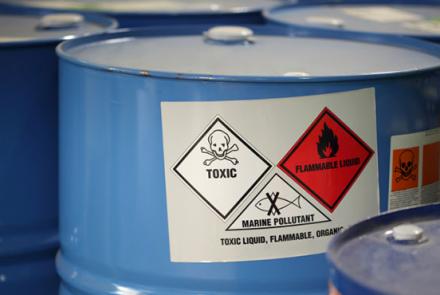Products Liability

You have probably heard about cases where companies choose to save money over safety and design products with a known defect that can cause an injury - even when the product is used as it is intended. In other cases, a product is not properly manufactured, or it has a design defect that the company may not have known about. The consumer may have a claim when a product has a design or manufacturing defect, the product does not have a safety device, there was a failure to warn about dangerous characteristics of the product that are not obvious, or even where there are inadequate instructions on how to use the product. In a given case, there may be strict liability, negligence liability, warranty liability, or all three.
When a company designs or manufactures a defective product that causes injury, the consumer can fight back and demand that the company provide legal compensation for damages such as medical bills, lost wages and pain and suffering. If you or a loved one is a victim of such a product, you will want an experienced law firm to work with you to prosecute your case, as this can be a complex case that requires the utilization of appropriate experts, evidence and case strategies, and a detailed understanding of the laws that apply. In fact, the laws can vary from state to state, and this may also be an important consideration. Your attorney will have to decide where to file the case, and who is responsible to pay your damages. This could be the company that designed and/or manufactured the product, assembled the product, sold, leased or supplied the product, or others. You may have a claim even if you were not the purchaser of the product, but were a user of it, or a bystander.
Many such product cases involve motor vehicles, or the component parts such as air bags, seat belts and tires. Meisel Law Group has successfully brought and litigated product liability actions against automobile companies such as Honda and Toyota, and can assist you in determining if you have a case, and if so pursuing the case to a conclusion.
